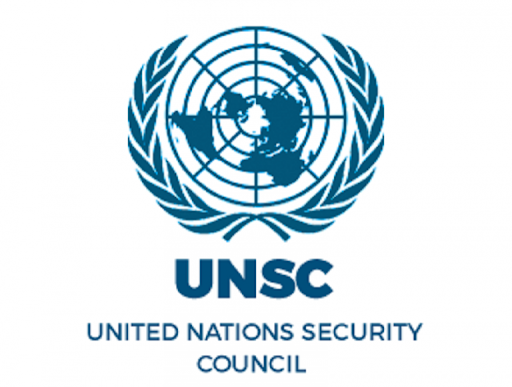On Thursday, the South Cairo Criminal Court inserted the Muslim Brotherhood on several terrorism lists, confirming previous announcements made by various Egyptian authorities that the widespread, moderate Islamic group is a terrorist entity. The decision also involved the insertion of 45 MB senior officials on terrorism lists, including the acting deputy guide of the group, Mahmoud Hussein, who fled the country to Turkey after the 2013 military coup.
According to the most recent amendments of terrorism law, the insertion on terrorism lists entails stopping activities, closing headquarters, banning meetings and gatherings, banning funding the group, and banning joining the group and calling for its principals. Regarding people who are inserted on terrorism lists, they are also denied the rights to travel and assume public posts and jobs in the state’s institutions and the parliament. The consequences of the decision also include freezing stocks, accounts and assets, including the business activities of the person or the entity if they have only a share in it. It is noteworthy that the same court had previously inserted the group on terrorism lists on 11 August, along with 56 MB senior officials.
The decision comes in line with the crackdown launched by the Egyptian authorities against the Muslim Brotherhood, which raises controversy both locally and internationally. The Muslim Brotherhood represents a school of Islamic thought and political ideology known for its moderate opinions and tolerance towards its rivals. The moderate attitude of the MB made it more of an ideological example, which is adopted by various groups, parties, and organisations all over the Islamic world, and even among Muslims in Europe and the USA.
The Egyptian regime led by Abdel Fattah Al-Sisi regards the MB its main adversary because of its democratic opposition to the regime, launching an unprecedented crackdown of arrest, enforced disappearance, torture, confiscation, banning, incitement and persecution against the group and its members reaching up to extrajudicial executions and arbitrary death sentences against its senior officials.
The latest episode was the Egyptian Cassation Court’s sentence to death for 12 senior MB officials including the well-known Egyptian politician and revolutionary figure, Mohamed Al-Beltagy. The decision was denounced by local and international human rights groups and topped by Amnesty International and Human Rights Watch, which condemned the decision as a politically motivated one which shakes the public’s trust in the Egyptian judiciary.





Recent Comments